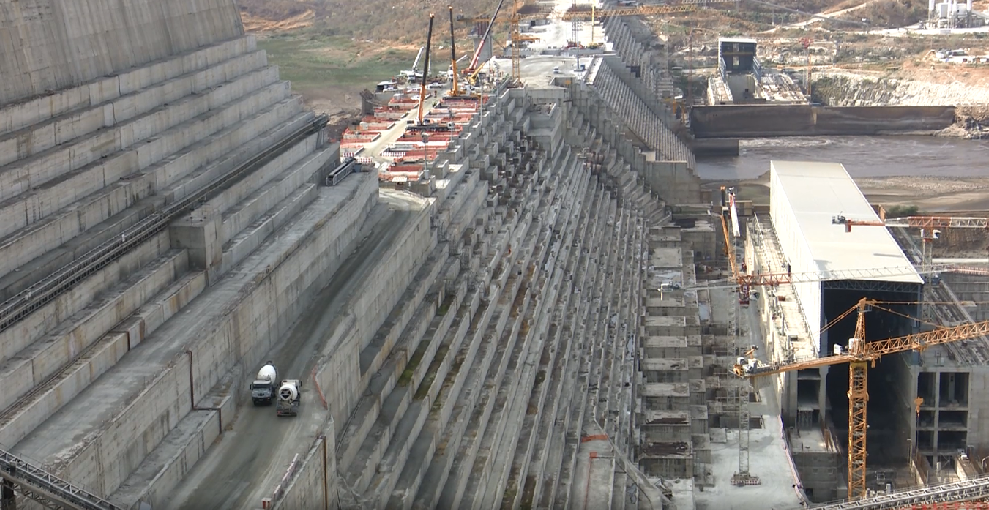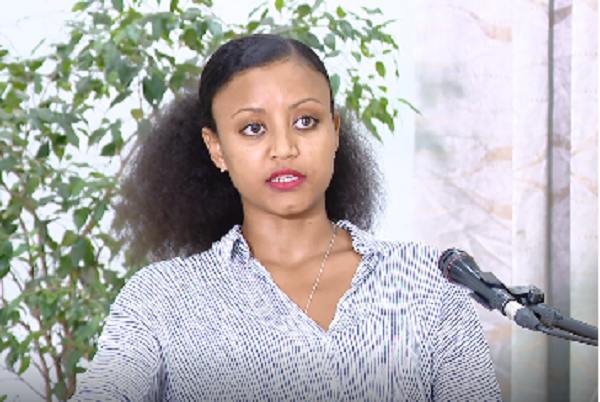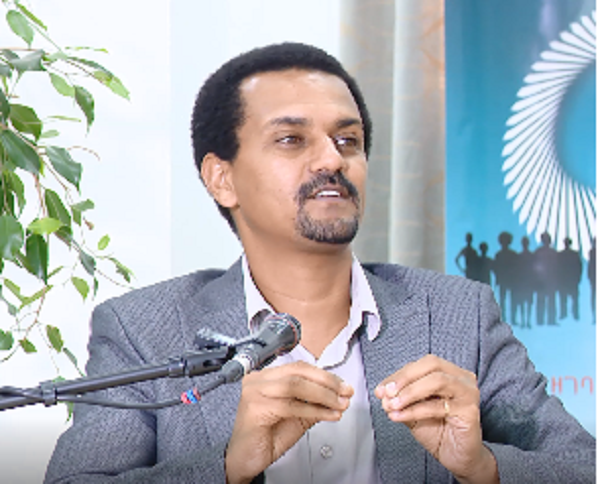Egypt, Sudan Need to Reciprocate Ethiopia's Goodwill on GERD: Experts - ENA English
Egypt, Sudan Need to Reciprocate Ethiopia's Goodwill on GERD: Experts

Addis Ababa, June 9/2020 ( ENA)Ethiopia has gone far beyond what is required as far as cooperation, negotiation and goodwill on the Grand Ethiopian Renaissance Dam (GERD) is concerned; and Sudan and Egypt need to reciprocate, experts said.
As one of the huge infrastructures on a trans-boundary river, the dam can be a source of cooperation not only to Ethiopia, Sudan and Egypt, but also to the entire region.
In an exclusive interview with ENA, the independent researcher Meqdelawit Messay said the countries that request for prior notification or agreement did not do so when they developed same infrastructures.

Even then, she stressed that “Ethiopia has gone above and beyond what is required as far as cooperation, negotiation and goodwill go. This concession on our side, even negotiating the filling of the dam from 3 to 7 years, was all a show of good faith.”
The researcher pointed out that “this goodwill and concession and going above and beyond what is expected from us legally and according to international laws was all in hope of favoring trans-boundary cooperation. But that does not seem to be the case. So, in the coming tripartite discussions, I think Ethiopia should take note from previous discussions and really hold our own.”
According to Meqdelawit, Egypt’s quite low water use and efficiency demonstrates no coincidence of the continuum perpetuation of water scarcity narrative.
These discussions are not brining anything, she noted, adding that “there has to be a red line where Ethiopia can say no or enough is enough.”
Egypt and Sudan are used to incontestably utilizing the whole of the Nile River water for millennia, she stated. Thus one cannot even start to talk about significant harm as long as one does not have equitable and reasonable share in the region.
“So, all these negotiations and discussions on the dam filling and operation are not happening out of responsibility of Ethiopia to engage these countries, but out of goodwill and cooperation. Because there is no legal framework that binds Ethiopia to be a part of this discussion,” she elaborated.
Assistant Professor at the Center for African and Oriental Studies and Associate Dean for Research and Technology Transfer at Addis Ababa University, Samuel Tefera said that Ethiopia has so far provided all the necessary documents of GERD out of the desire for cooperation.

“Ethiopia has shared hundreds of important documents starting from the design of the GERD. And this shows Ethiopia’s interest and willingness to cooperate, and this has been our policy despite changes in regimes,” he stated.
Everything has already been done on the Ethiopian side, Samuel said, adding that “no country in the world, except Ethiopia, has shared the details of its unilateral project to other countries that have stakes on.”
Speaking about the water share of the Nile River, Samuel explained that it would be colonial arrangement once again unless the Nile Basin countries entertain their respective interest.
Recalling Egypt and Sudan’s refusal to sign the Cooperative Framework Agreement, he noted that it “shows that they have other interests and agenda beyond developing the Nile River within the Basin countries.”
Samuel urged the Ethiopian side to be very cautious and not continue with the same discourse of Egypt during the return to the tripartite negotiation.
“We should not discuss about who gets what amount of water as this is very colonial. We should not be doing the same mistake that Egypt did, and we have been against it. If we need a sustainable peace and economic development in the region, every country has to make sure that its interest is enshrined in the framework,” he underscored.